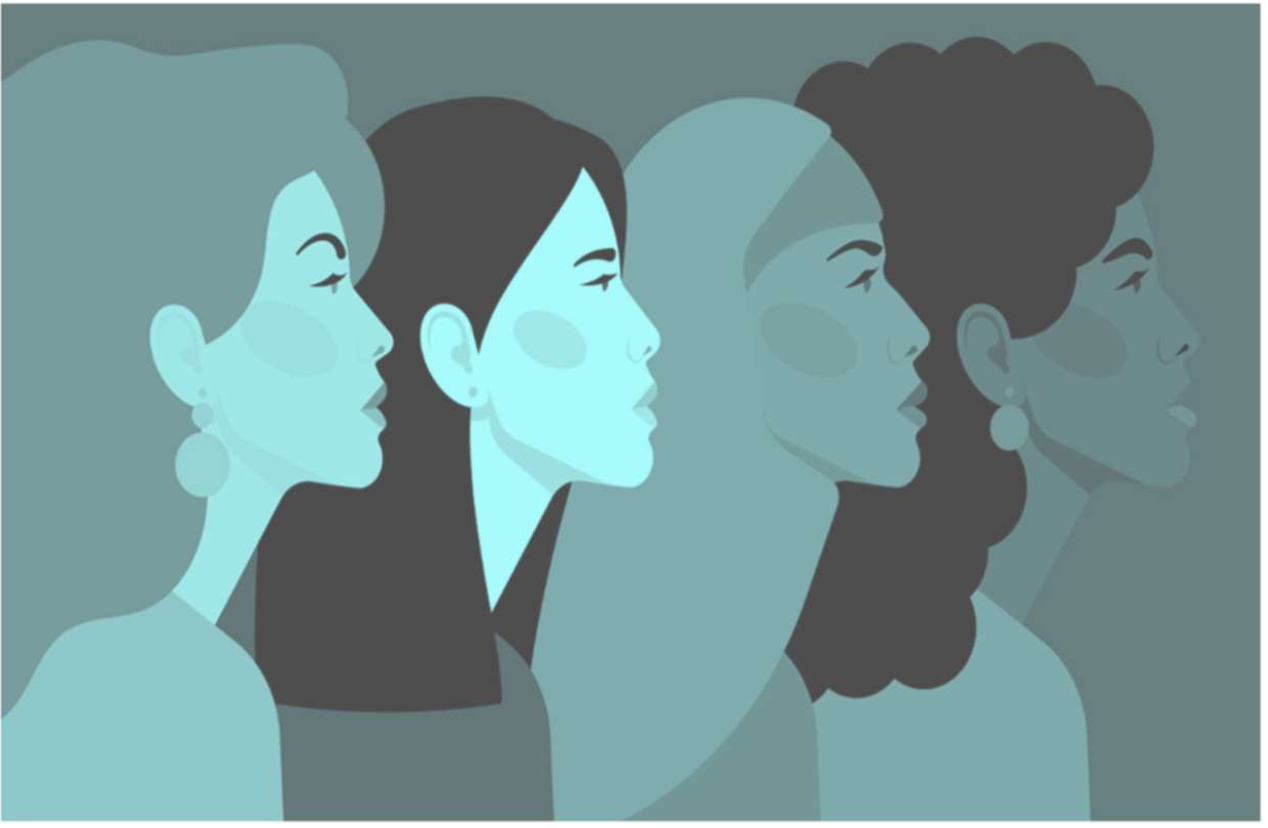Washington, DC
—According to research from the
Institute for Women’s Policy Research (IWPR)
, Americans are reeling from the very high levels of job loss seen during the Great Recession of 2007–2009, and women and single mothers in particular are reporting higher rates of financial strain and daily hardship.
An IWPR
report
released today
, Women and Men Living on the Edge: Economic Insecurity After the Great Recession
, presents the findings from an IWPR/Rockefeller Survey of Economic Security. The findings show that Americans have taken dire steps to make ends meet such as not filling medical prescriptions, not visiting the doctor, not taking their children to the doctor, ‘doubling up’ or sharing housing with others, withdrawing money from retirement accounts, using food stamps, or simply going hungry.
According to the
survey findings
, close to 16 million Americans went hungry (in the year before the survey was fielded) because they could not afford food (9 percent of women and 6 percent of men) and 19.5 million received food stamps, but only one-third of those who went hungry report using food stamps.
In the recovery from what has been dubbed a “mancession,” women are facing even more hardship than men, but both report high rates of financial difficulties, including difficulties paying a bill on time (84 percent of women and 71 percent of men) and problems paying rent or mortgage (75 percent of women and 49 percent of men).
“The survey results show how much hardship American families are still facing as a result of the long and deep recession,” said
Dr. Heidi Hartmann
, IWPR President and a MacArthur Fellow. “Clearly, American workers need jobs and a federal jobs program could make a big difference, especially one that targets jobs typically held by women, like teaching, since our data show that women have been harder hit than men in this recovery.”
Parents—both single and married/partnered—report extraordinary difficulty in providing for children’s needs. Many single moms (38 percent) report problems covering the costs of medical care for themselves or their family; while only slightly fewer married moms echoed this response (34 percent).
The critical and innovative survey provides new data on the extent and severity of unemployment in the same household, whether the high earner in the household became unemployed, doubling up for economic reasons, penalties at work for absences, and penalties at work for sharing pay information.
Young women have faced disproportionate hardship in entering the labor market. Of those aged 18–34, 50 percent report unemployment for at least one month during the two years prior to the survey—twice the rate for men (24 percent) in the same age group.
The survey findings also show that Americans of all political identifications support the development of public policies that would increase their access to high-quality jobs, provide greater workplace support for workers with families to care for, and enhance worker rights.
The IWPR/Rockefeller Survey of Economic Security was administered by Precision Opinion to 2,746 adults aged 18 and older between September and November 2010. The sample for the survey was stratified to yield approximately equal numbers of white, black, and Hispanic respondents, with results weighted by American Community Survey data to reflect the non-institutional, adult population of the nation.
About the
IWPR/Rockefeller Survey
The
Institute for Women’s Policy Research (IWPR)/Rockefeller Survey of Economic Security, collected in fall 2010, focused on people’s perceptions of their own economic security following the Great Recession of 2007–2009. As part of a larger project to gather information and educate the public on how to improve the economic security of older women, low-income retirees, and vulnerable Americans of working age, the survey was supported as part of the Rockefeller Foundation’s Campaign for the American Worker initiative.
About
the Institute for Women’s Policy Research
IWPR conducts rigorous research and disseminates its findings to address the needs of women and their families, promote public dialogue, and strengthen communities and societies. IWPR is a 501(c)(3) tax-exempt organization that also works in affiliation with the women’s studies and public policy programs at The George Washington University.
-END-


